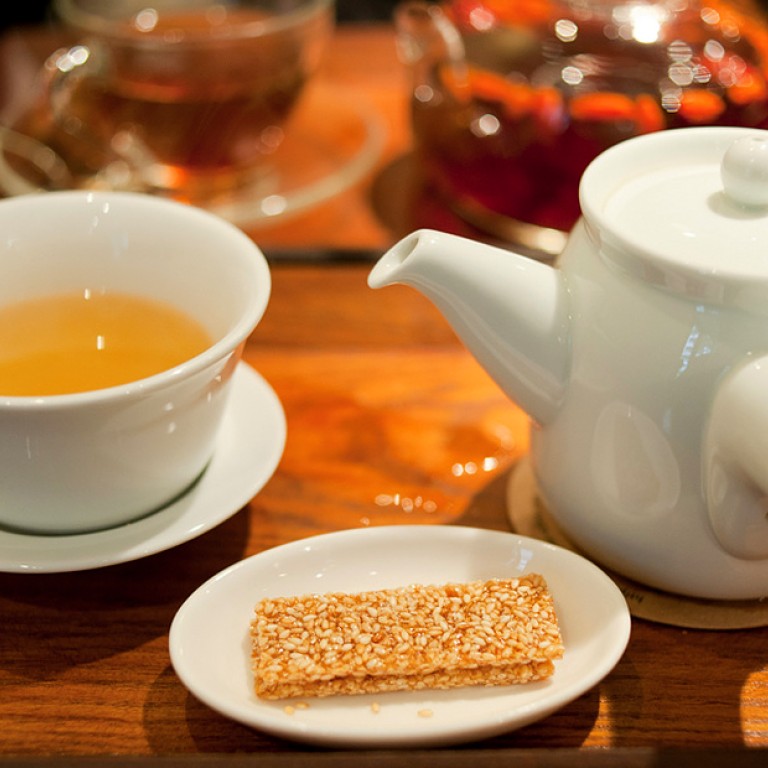
Minister doesn't know how much tea with excess pesticide was imported
Minister doesn't know how many leaves with excess pesticide were imported from Taiwan
Hong Kong still does not know how much Taiwanese tea with pesticide residues exceeding Taipei's standards has been imported, the health minister said yesterday, about a month after the food-safety scare broke.
But health issues would arise only if one consumed a large amount in a short time, Secretary for Food and Health Dr Ko Wing-man said.
Just one out of 100 samples of Taiwanese tea leaves contained pesticides higher than standards set by Taiwan, the Centre for Food Safety found after Taiwanese authorities detected pesticides in tea sold by six of the island's companies, he said.
"Hong Kong currently does not have a standard for pesticide residue in tea leaves, so we adhere to the Taiwanese limits," Ko said yesterday.
Stores in the city that imported tea from any of the six affected suppliers had taken the products in question off the shelves, he added.
Last month, tests on six out of 25 samples yielded pesticide levels that exceeded safety limits, the Health Department in Taipei said. Jasmine tea leaves from cafe chain Coffee Alley contained 0.13 parts per million of an insecticide called Triazophos - 30 per cent above safe levels.
Yesterday, Ko also spoke about the emphasis the government placed on implementing preventive measures against long-term illness.
Half of interviewees in a recent University of Hong Kong survey could be classified as physically inactive by international standards, affecting their physical and mental health.
With the population ageing and an increasing trend in long-term illnesses such as cardiovascular disease and diabetes, Professor Lam Tai-hing, principal investigator in the HKU survey, warned Hongkongers to change their sedentary lifestyle and high salt and sugar intake.
"Some people think that using a Sunday to do four to five hours of vigorous exercise can make up for six days of sedentary sitting," Lam said. "That exercise, while good, does not cancel out the damage done by inactivity for the rest of the week."
He suggested that people make small movements - such as stretching themselves - while sitting or standing, so as to break up long stretches of inactivity.
The survey also found that respondents who exercised more tended to be happier. "We need to see exercise in a broader way," Lam said.
